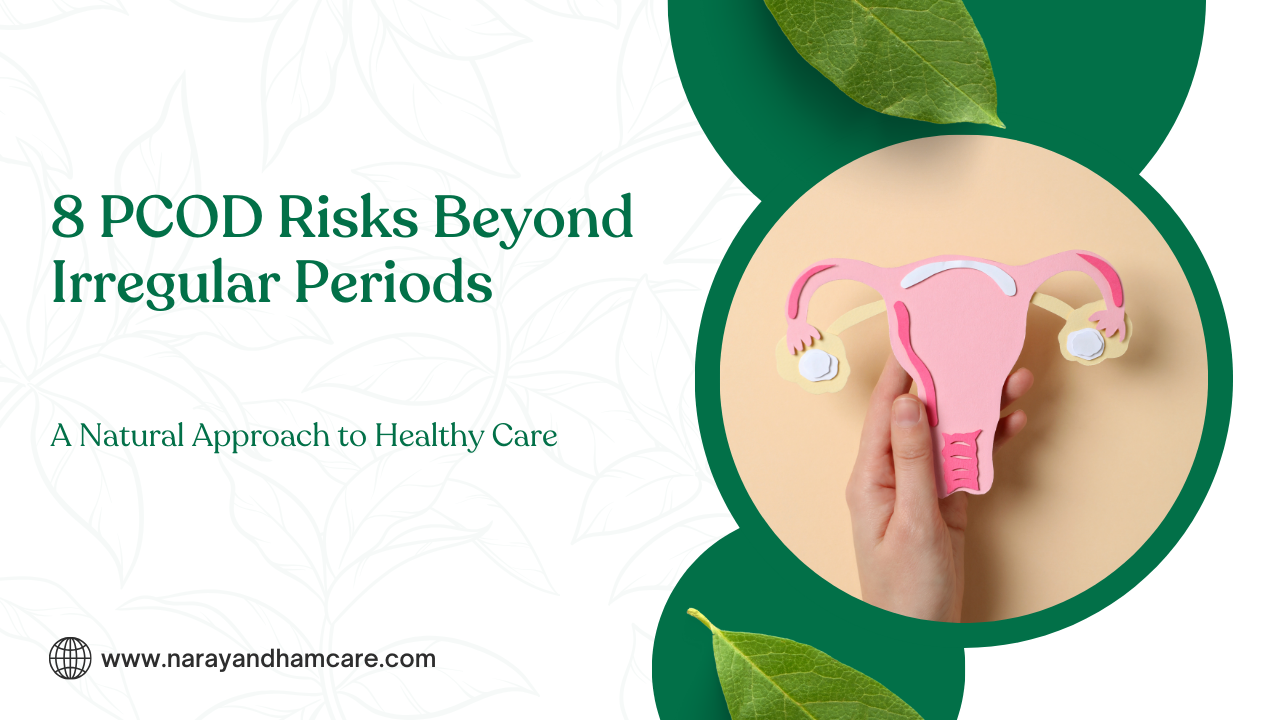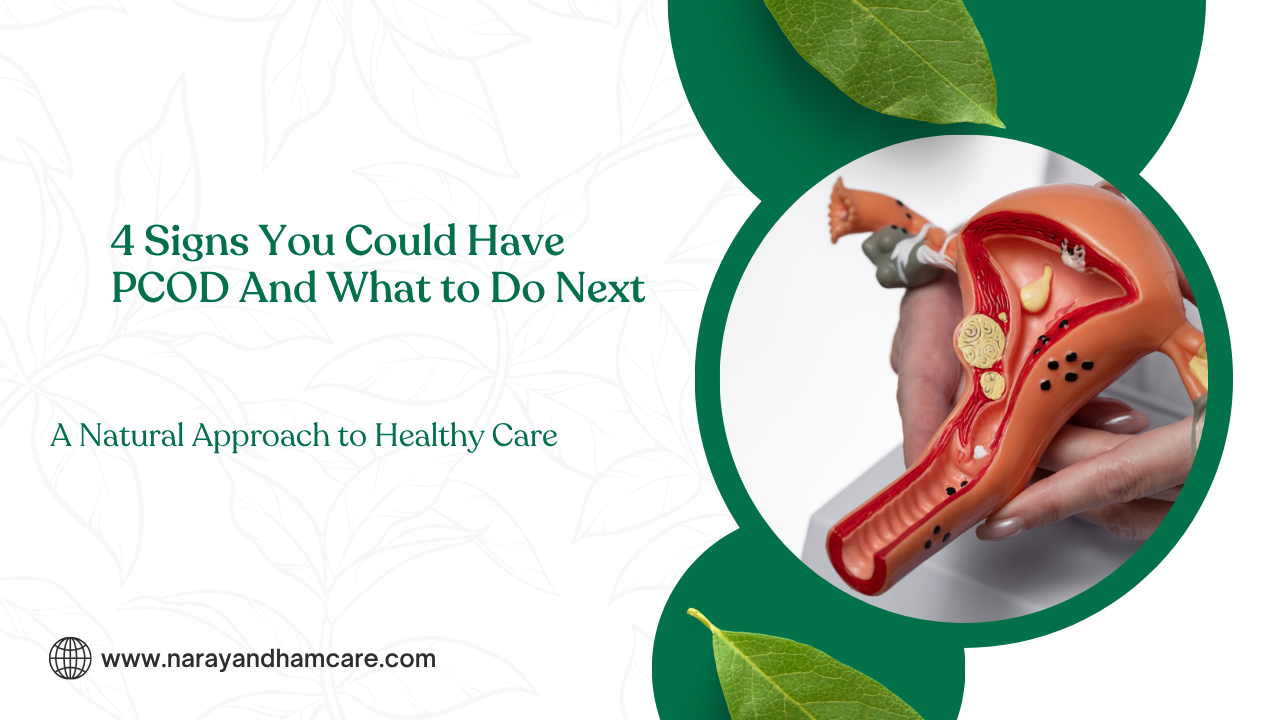Polycystic Ovarian Disease (PCOD) is one of the leading causes of infertility among women of reproductive age. This hormonal disorder affects the ovaries, leading to irregular menstrual cycles, ovulatory dysfunction, and other metabolic complications. Understanding PCOD and its impact on fertility is crucial for managing the condition effectively and improving the chances of conception.
What is PCOD?
PCOD is a condition where the ovaries produce an excessive amount of immature eggs, which turn into cysts. This disrupts normal ovulation and leads to hormonal imbalances, affecting reproductive health. Unlike Polycystic Ovary Syndrome (PCOS), PCOD is generally a milder condition and can often be managed with lifestyle changes.
How PCOD Affects Female Fertility
- Irregular Ovulation: PCOD disrupts the regular release of eggs from the ovaries, making it difficult to predict fertile days and reducing the chances of natural conception.
- Hormonal Imbalance: Elevated levels of androgens (male hormones) interfere with the menstrual cycle and ovulation, further complicating fertility.
- Insulin Resistance: PCOD is closely linked to insulin resistance, leading to weight gain and increased risks of Type 2 diabetes, which further impacts reproductive health.
- Poor Egg Quality: Women with PCOD may experience compromised egg quality, reducing the likelihood of successful fertilization and implantation.
- Higher Risk of Miscarriage: Due to hormonal imbalances and poor egg quality, women with PCOD are at a greater risk of miscarriage and pregnancy complications.
- Impact on Assisted Reproductive Technology (ART): PCOD patients may face difficulties with IVF and other fertility treatments due to irregular ovulation and fluctuating hormone levels.

Symptoms of PCOD
- Irregular or absent menstrual cycles
- Excessive hair growth (hirsutism) due to high androgen levels
- Acne and oily skin
- Unexplained weight gain
- Hair thinning or hair loss
- Difficulty conceiving due to irregular ovulation
Managing PCOD to Improve Fertility
Although PCOD can complicate conception, adopting a proactive approach can significantly enhance fertility:
- Healthy Diet and Exercise: A balanced diet rich in fiber, lean proteins, and healthy fats, along with regular physical activity, helps regulate insulin levels and improve ovulation.
- Weight Management: Losing even 5-10% of body weight can improve hormonal balance and boost fertility.
- Medications and Supplements:
- Metformin: Helps regulate insulin levels and improves ovulatory function.
- Clomiphene Citrate: A common fertility drug prescribed to induce ovulation in PCOD patients.
- Inositol: A natural supplement that supports ovarian health and insulin sensitivity.
- Hormonal Therapy: Birth control pills may be prescribed to regulate menstrual cycles and reduce androgen levels.
- Stress Management: High stress levels can worsen hormonal imbalances; practices like yoga, meditation, and adequate sleep help improve overall well-being.
- Monitoring and Seeking Medical Guidance: Regular check-ups and consultations with a fertility specialist can help tailor treatment plans based on individual needs.
Final Thoughts
PCOD is a common yet manageable cause of infertility. With proper lifestyle changes, medical intervention, and early diagnosis, women with PCOD can improve their chances of conceiving and leading a healthy reproductive life. If you are struggling with fertility issues related to PCOD, consulting a healthcare provider can help you take the necessary steps towards parenthood.
Are you ready to take charge of your fertility and make positive changes for a healthier future?





